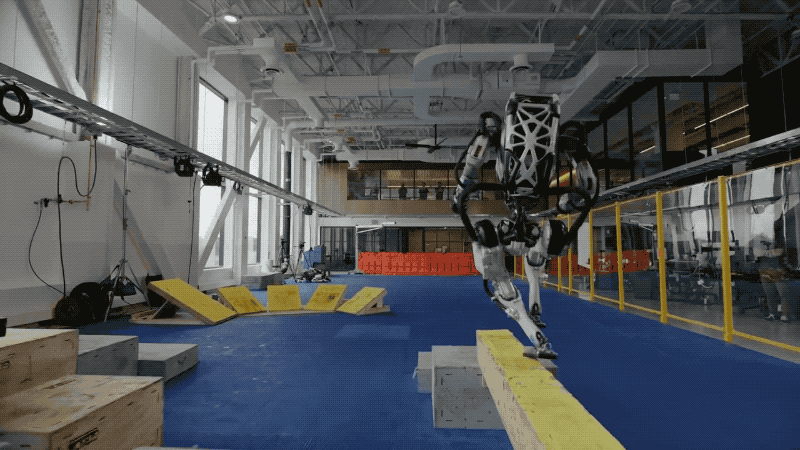Human learning can be duplicated in solid matter: Findings may help to advance artificial intelligence -- ScienceDaily
Rutgers researchers and their collaborators have found that learning -- a universal feature of intelligence in living beings -- can be mimicked in synthetic matter, a discovery that in turn could inspire new algorithms for artificial intelligence (AI).
One of the fundamental characteristics of humans is the ability to continuously learn from and adapt to changing environments. But until recently, AI has been narrowly focused on emulating human logic. Now, researchers are looking to mimic human cognition in devices that can learn, remember and make decisions the way a human brain does.
Emulating such features in the solid state could inspire new algorithms in AI and neuromorphic computing that would have the flexibility to address uncertainties, contradictions and other aspects of everyday life. Neuromorphic computing mimics the neural structure and operation of the human brain, in part, by building artificial nerve systems to transfer electrical signals that mimic brain signals.
Researchers from Rutgers, Purdue and other institutions studied how the electrical conductivity of nickel oxide, a special type of insulating material, responded when its environment was changed repeatedly over various time intervals.





.png)









